Early this morning, October 8 (Vietnam time), right after the US stock market closed on October 7, FTSE Russell announced the FTSE Stock Country Classification Report for September 2025.
According to this report, Vietnam's stock market was officially upgraded from Frontier Market to Secondary Emerging Market.
The expected effective date is almost a year from September 21, 2026, following a mid-term review in March 2026.
This is a historic milestone, a positive result of more than 10 years of comprehensive reform of the Vietnamese stock market.
According to SSI Securities Corporation, the official upgrade to emerging market status is a new beginning of the market development journey. This is the result of the efforts and determination of the management agency and market members in developing the market, approaching international standards and attracting institutional investment capital.
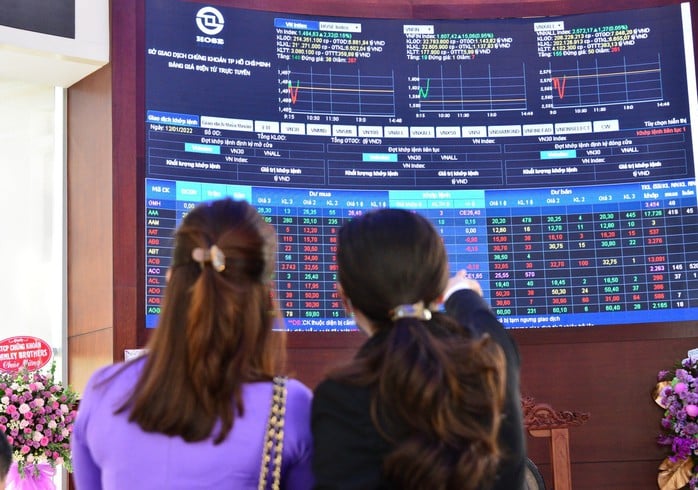
Vietnam's stock market officially upgraded.
Recent policy breakthroughs, together with the implementation of the KRX trading system and the permission for non-prefunding stock purchases by foreign institutional investors, have contributed significantly to improving transparency, risk management and operational efficiency, key criteria in FTSE and MSCI's upgrade assessment.
"Although there are still some issues that need to be met before Vietnamese stocks are officially included in the FTSE emerging market index basket in September 2026, SSI believes that the issues under consideration are highly feasible to be implemented before FTSE's assessment deadline" - SSI Securities commented.
SSI Securities also emphasized that upgrading Vietnam to the emerging market group is not a destination, but a starting point for deeper integration with the global financial system. This is the result of substantial coordination between FTSE Russell and Vietnamese regulators on the journey towards a developed capital market, serving Vietnam's long-term economic development goals.
According to FTSE Russell, Vietnam has made positive changes. Previously, Vietnam did not meet two important criteria, including "Delivery Cycle (DvP)" and "Costs arising from payment failure transactions", both of which were assessed as limited. By November 2024, Vietnam had implemented a trading model that allowed foreign institutional investors to trade and buy stocks without requiring sufficient funds. The situation has since improved.
FTSE Russell also recognized Vietnam's efforts in improving procedures and building a model that allows foreign institutional investors to trade directly with global securities companies, thereby approaching international standards, reducing counterparty risks and increasing investor confidence through reliable intermediary channels.
International organizations predict that net investment capital flows from foreign investors could reach 6-8 billion USD, or even 10 billion USD, including capital flows from active and passive funds, of which capital flows from active funds account for the majority.
The 9-month report of the Vietnam Securities Depository and Clearing Corporation shows that domestic investors opened 289,758 new securities accounts, of which 257,653 were mainly opened by individual investors. This is a record high number in the past year.
Cumulatively, by the end of September, domestic investors had opened nearly 11 million securities accounts, of which 10.975 million were individual investors, the rest were institutional investors. The number of securities accounts is equivalent to about 11% of the population, completing the target of 11 million accounts by 2030 ahead of schedule.
Source: https://nld.com.vn/nong-thi-truong-chung-khoan-viet-nam-chinh-thuc-duoc-nang-hang-len-moi-noi-thu-cap-196251008051453217.htm








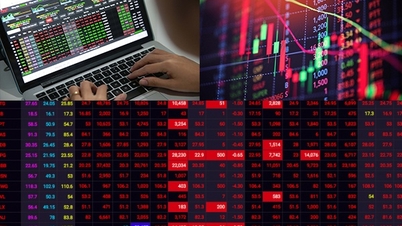

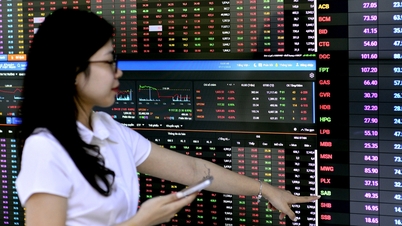

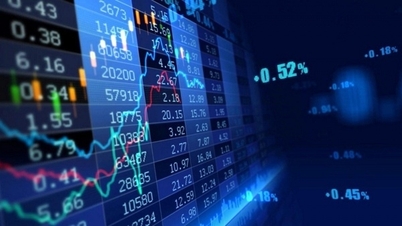
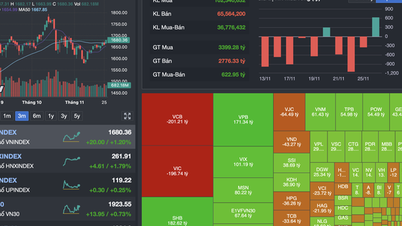
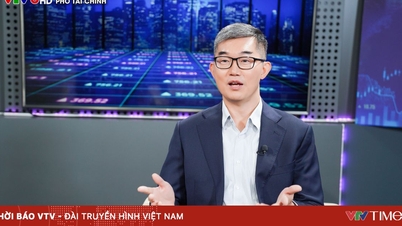

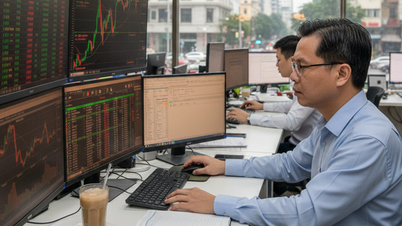
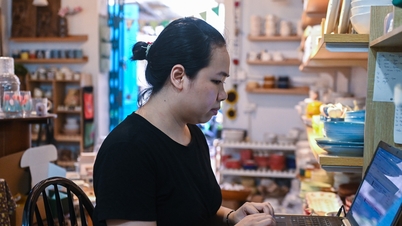

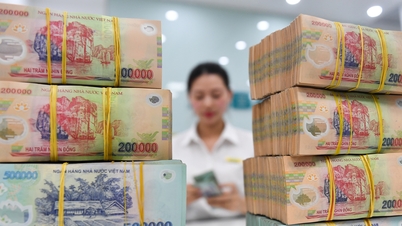


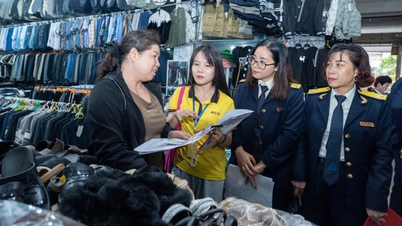











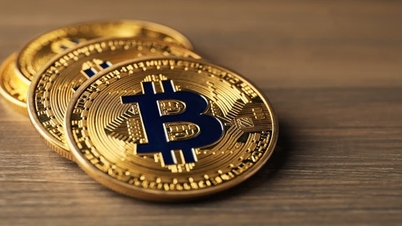
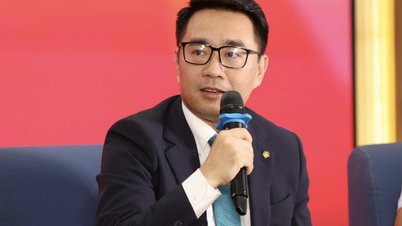
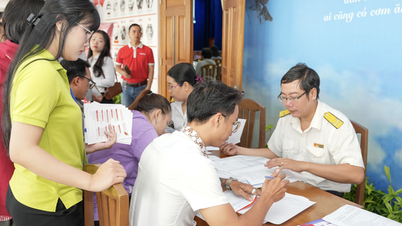


















































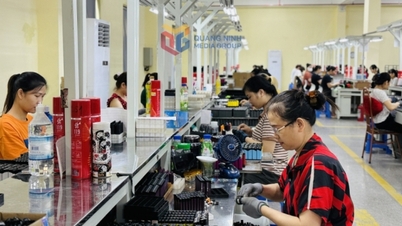




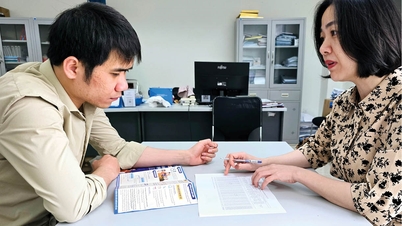













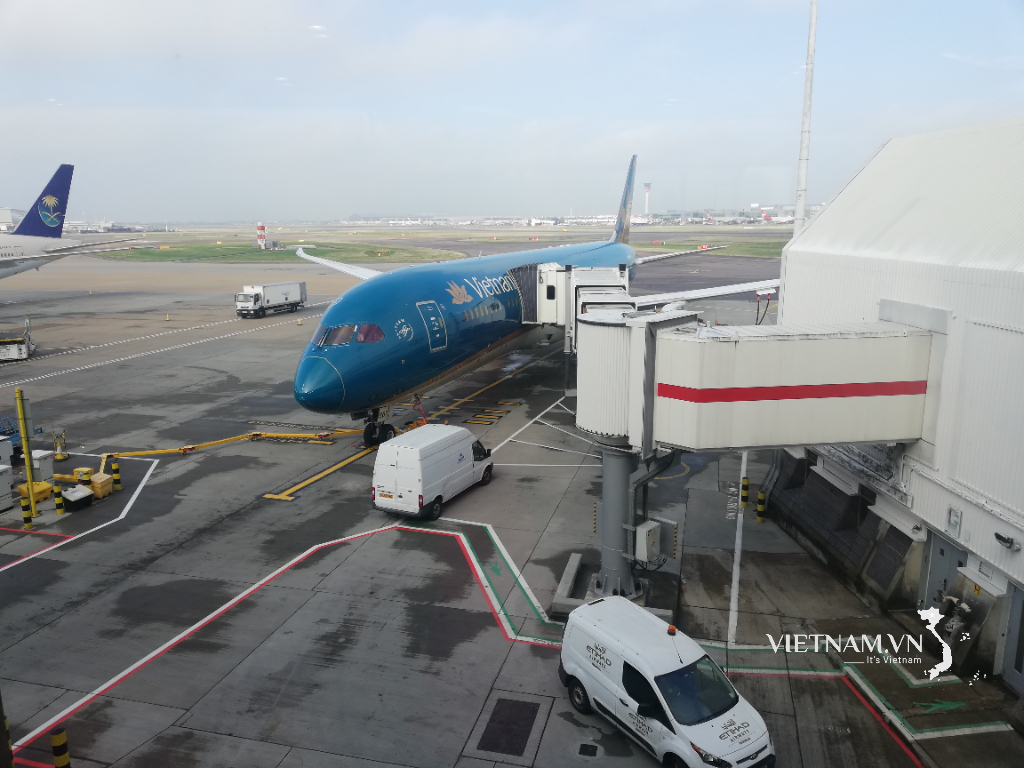


Comment (0)